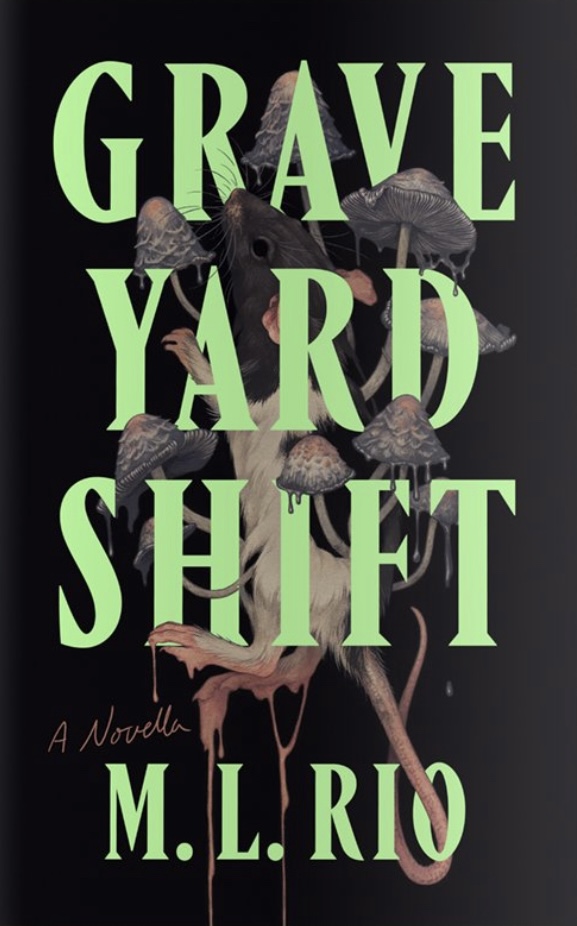How to Build Your Fantasy World Without Info-dumping
Building a fantasy world is probably one of the best parts of writing fantasy. You get to play around, set up rules, and think up settings (also, ~dread~ name locations and things). It all resembles an elaborate game you play with yourself.
Until it’s time to start weaving your world into your story. That’s when things get difficult. Because you know so much about this world (and probably love it), you want everyone to know all about it as well. And this can lead to info-dumping.
It happens to everyone at some point (I’m no different). But the readers don’t care about your world just yet. They want to see your characters doing something interesting. Your long paragraphs (or worse, pages) of world-building are only confusing them or making it difficult for them to get immersed in the story.
But how to avoid it?
Fantasy World Without Info-Dumping: Rules to Follow
1. Introduce information on a need-to-know basis
Most writers make the mistake of dumping all of their world-building in the first chapter or two. But the problem is, the reader won’t remember any of that, and worse still, they’ll just be confused. Sure, you told them all they need to know, but none of that will stick.
Bad Examples
I see this all the time in published fantasy novels. Take Fourth Wing, for example. While not exactly high fantasy (it focuses more on romance), it’s still set in a completely new world which means we need to know about it. But the way the author does it, by making the main character recite world facts while scared, is completely useless to the reader. And also, it’s completely unnecessary at that point.
More recently, something similar to this put me off The Hurricane Wars entirely. In the middle of battle preparations, the main character tells you so much information that you could easily forget what they were doing.
If you want to avoid this, only introduce information as it’s needed.
How to do it well
If your main character is as new to the world as the reader (think Harry Potter, or Feyre for the lack of better examples), then it should be easy. The main character is new so they will ask questions or do their research, or other characters will tell them and it will make sense.
But if your main character is a native of your world, then this will be harder. They already know all about it, so they won’t need to talk about it so much. How often do you think about our world history or basic things like how household appliances work? Not very often, I’d wager.
So you need to introduce the details of your world as they’re needed. For example, your main character is stuck in a bad situation and they want to use a piece of magic to get out. This is when you can tell the reader a bit about the magic. And what are the consequences of that magic? Show them once it’s done. There’s no need to tell the reader about it in chapter one if it’s only necessary in chapter three.
Add details throughout your story; not all at once.
2. Show, don’t tell
You’re probably tired of hearing this, but it’s a golden rule for everything. If you want to do world-building well, you have to show your world instead of telling the reader about it. This kind of connects to my previous example of a main character stuck in a bad situation. They use magic to get out. But instead of having the main character tell the reader about their powers in internal monologue and then show them how they work, why not just show your main character using their powers?
And then show the consequences of using those powers in the same way without having the character go through the whole “oh, when I do this, that happens”. They already know how their magic works, so they wouldn’t stop to think about it too much.
3. Don’t have entire sections of world-building
If your scene or chapter is mostly world-building, consider removing it or cutting it up to introduce later. And never, ever open your novel with a few pages of world-building.
4. Leave crumbs
Mystery and intrigue will keep your readers reading. You can mention a bit of your world (whether it’s the magic, the setting, a culture, or anything else) in one scene, then leave the readers thinking about it for a while, looking for the other puzzle piece. Your readers are smarter than you think, and they don’t like to be talked down to.
But… allow yourself to info dump in your first draft
Look, all of the points above still stand. But your first draft is just you telling yourself the story. So feel free to go all out. Info dump as much as you like. Have fun with it!
You’ll be able to see your story (and your world) more clearly on a second read, and then you’ll also know what information can stay and what needs to go. Not all of your beautiful world will make it into the final draft, but the most important part will make it. And the readers will love your world without getting tired of it if you build a fantasy world without info-dumping.







